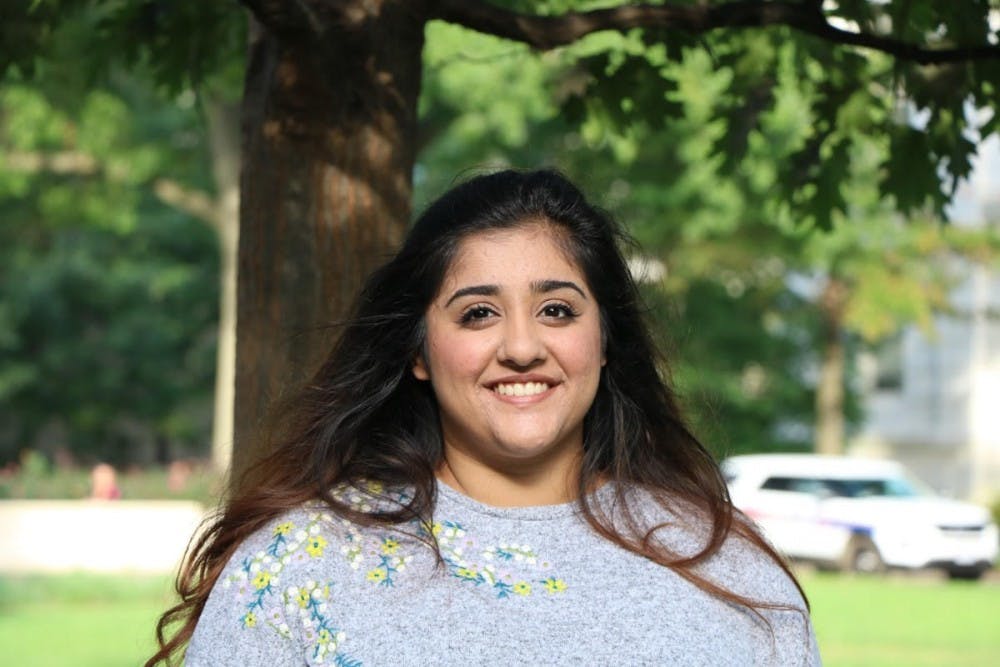Recently, I had the opportunity to go on a police ride-along as part of as a requirement for my Intro to Systems of Justice class. We were given the choice of attending a court session or a ride-along, and, having seen many of the former, I decided to try something new. I went into my appointment in the fifth district police station feeling nervous, but expecting the four-hour block to go by relatively uneventfully. What I didn’t realize was how much the experience would alter my understanding of the D.C. community.
For the most part, students at American University live in Tenleytown and its surrounding neighborhoods. Driving through the McMansions and parks in this small region in D.C. marks it clearly as an area of wealth and privilege. AU students travel from here to Capitol Hill and back, leaving an entire half of the city a complete mystery to them. It was a mystery to me too, until I went on this ride-along.
During my time with the officers, an arrest took place, and I was a witness to the incident and the lengthy process that followed. Because of this, I was told that I would have to give a witness statement once we’d arrived back at the station to accurately detail the events I’d seen. The conversation I had with an officer at the station was an eye-opening and uncomfortable one.
Although the experience heightened my appreciation for the breadth of responsibilities and risks that come with the role of a police officer, the rhetoric employed in that conversation was disappointing to me. The lives of the people who lived in the fifth district were being explained to me as if they were a single, monolithic experience. Words like “they,” “them,” and “those people” were used as descriptors, robbing the people in this district of their individuality and equality in just a few sentences.
The deeply-rooted injustices that occur through our policing system in this country on a daily basis are no secret, but the ability they had to interact with my own life was entirely new to me. Growing up in an upper-middle class, suburban town in New Jersey that was largely populated by people that had the same background I did, I never had any personal interaction with racial tensions or even distrust in our local police. This lack of personal interaction made me blind to tensions that may very well have been present in my quiet town. Stepping outside this Tenleytown bubble will not only widen students’ perspectives of the intricacies of their city, but also give them the tools to recognize these same injustices on their own campus. D.C. isn’t all high-profile meetings and press conferences; it’s a microcosm of our country and an opportunity to see policy, whether it be good or bad, in action.
As I drove back from this experience, the city changed before my eyes. It went from too many townhouses crammed together on the same street to large single-family homes, each with their own garden and driveway. If students at American University really have ambitions of changing our country for the better, what better place to start than D.C.? It’s the nation’s capital, but more importantly, it’s our home. The divisions within D.C. exist in a very physical sense, and can only be recognized by taking the time to see it.
Riya Kohli is a sophomore in the School of Public Affairs and a columnist for The Eagle.
rkohli@theeagleonline.com





